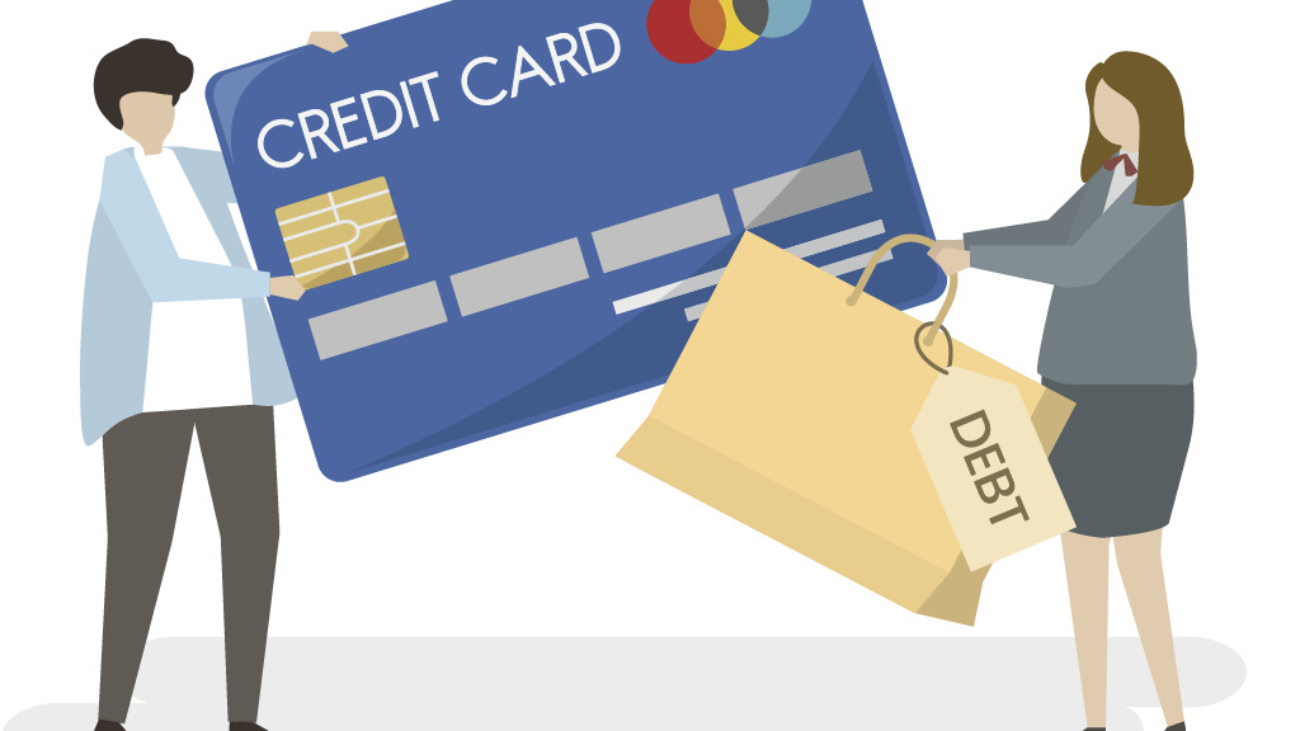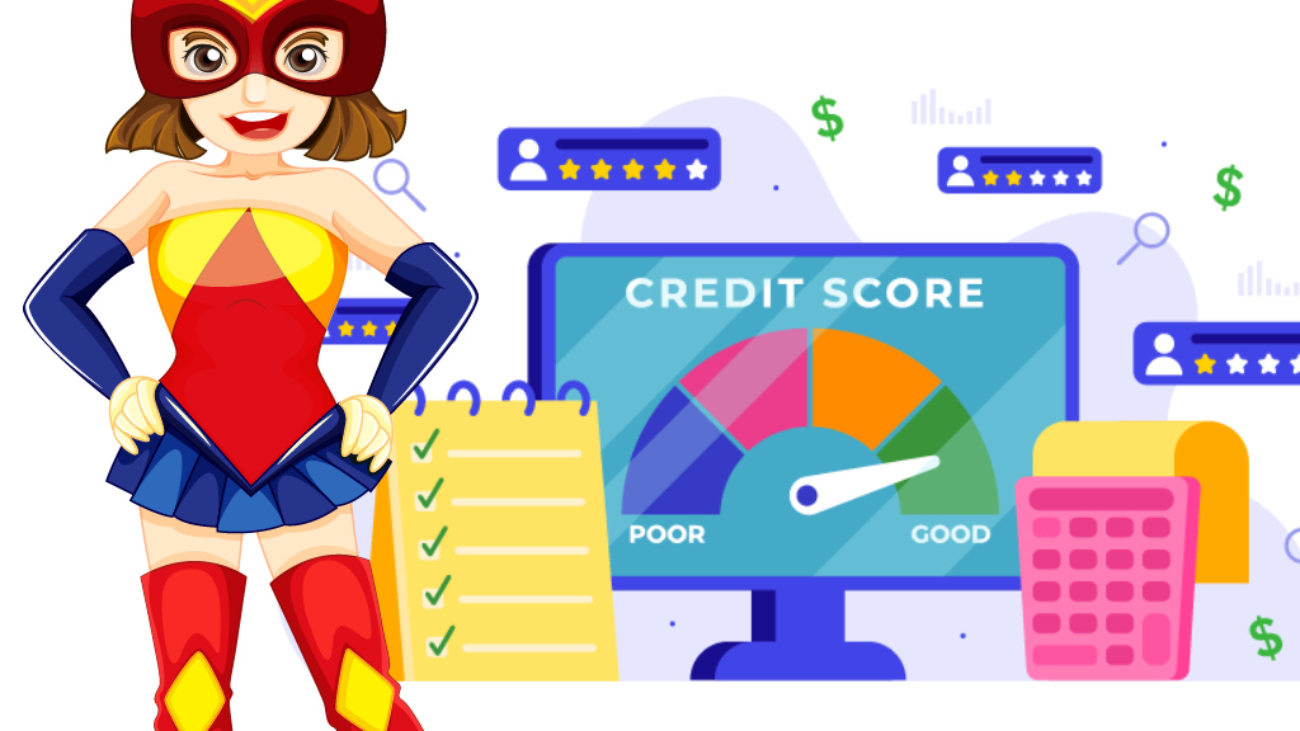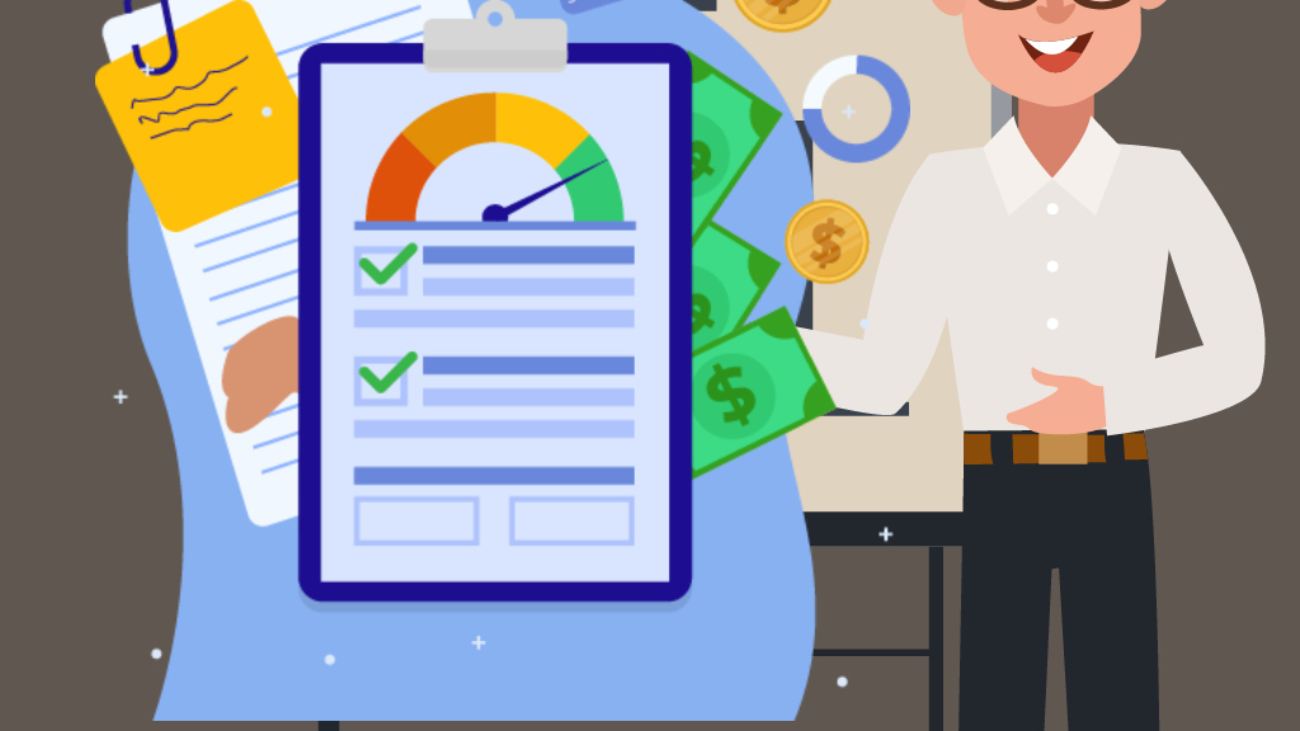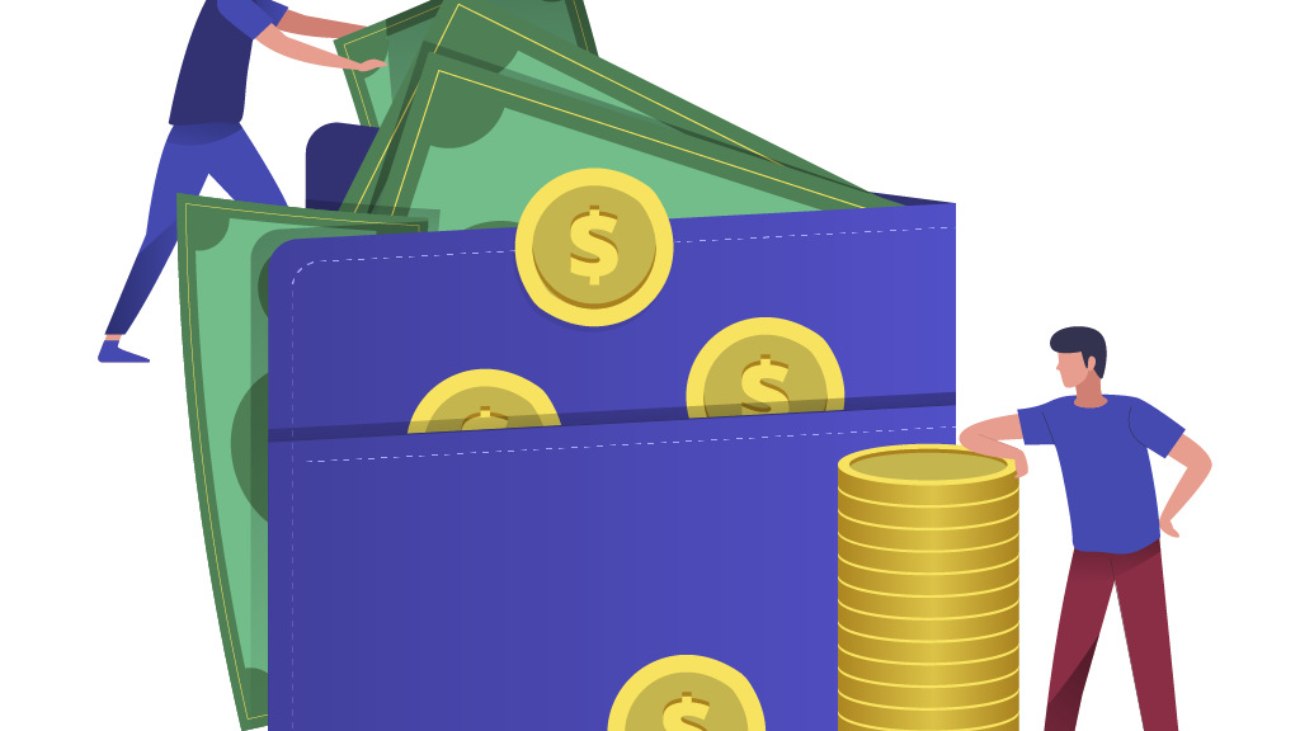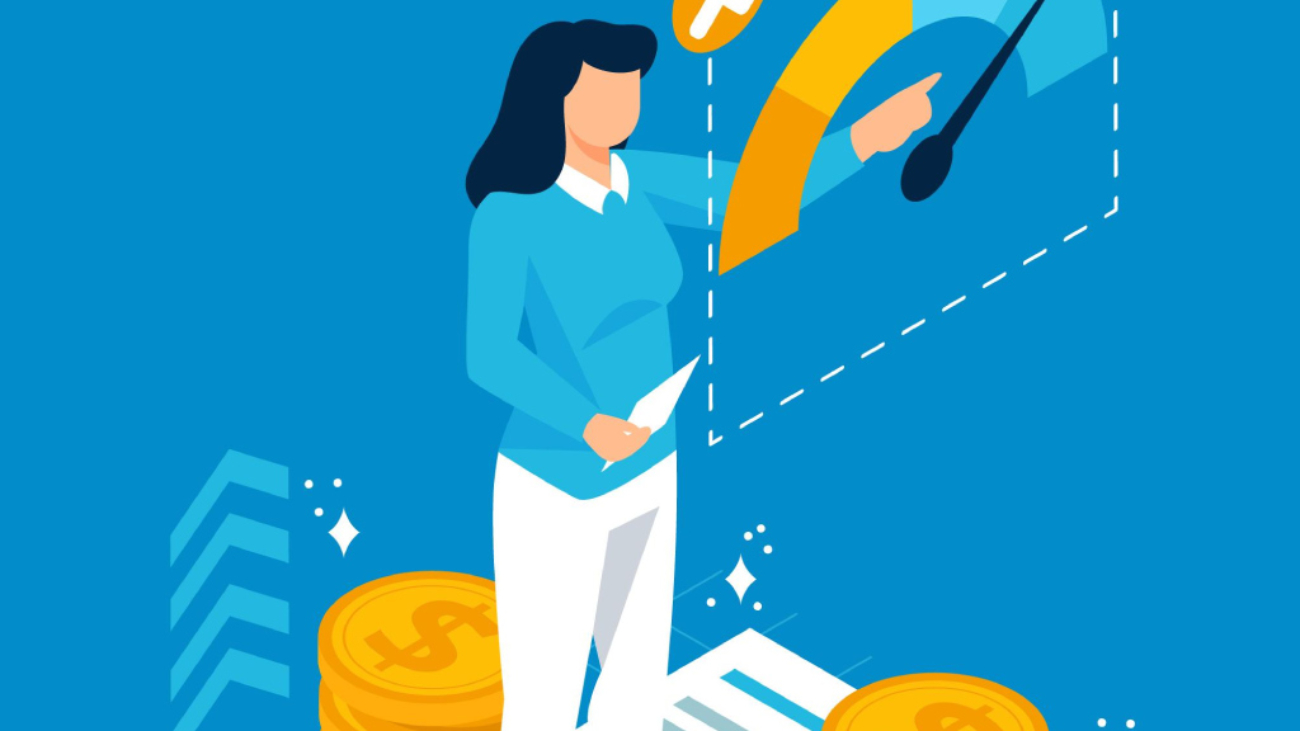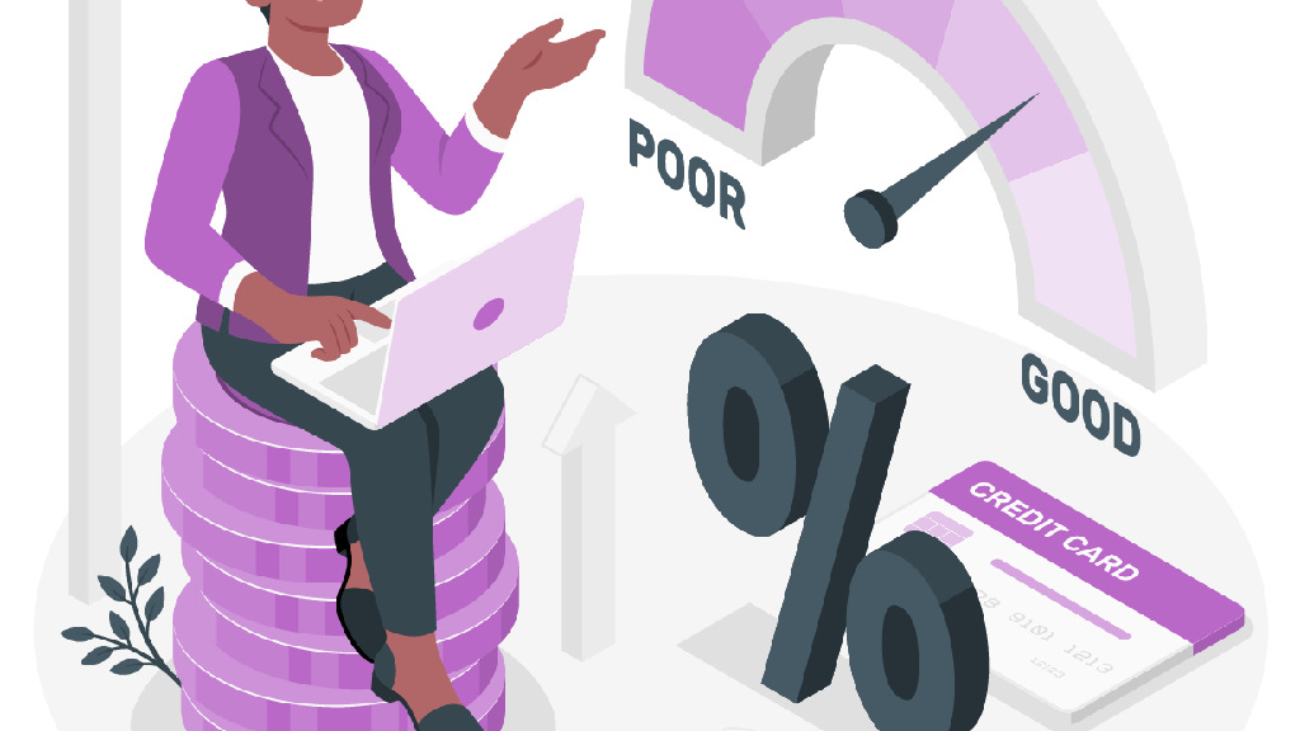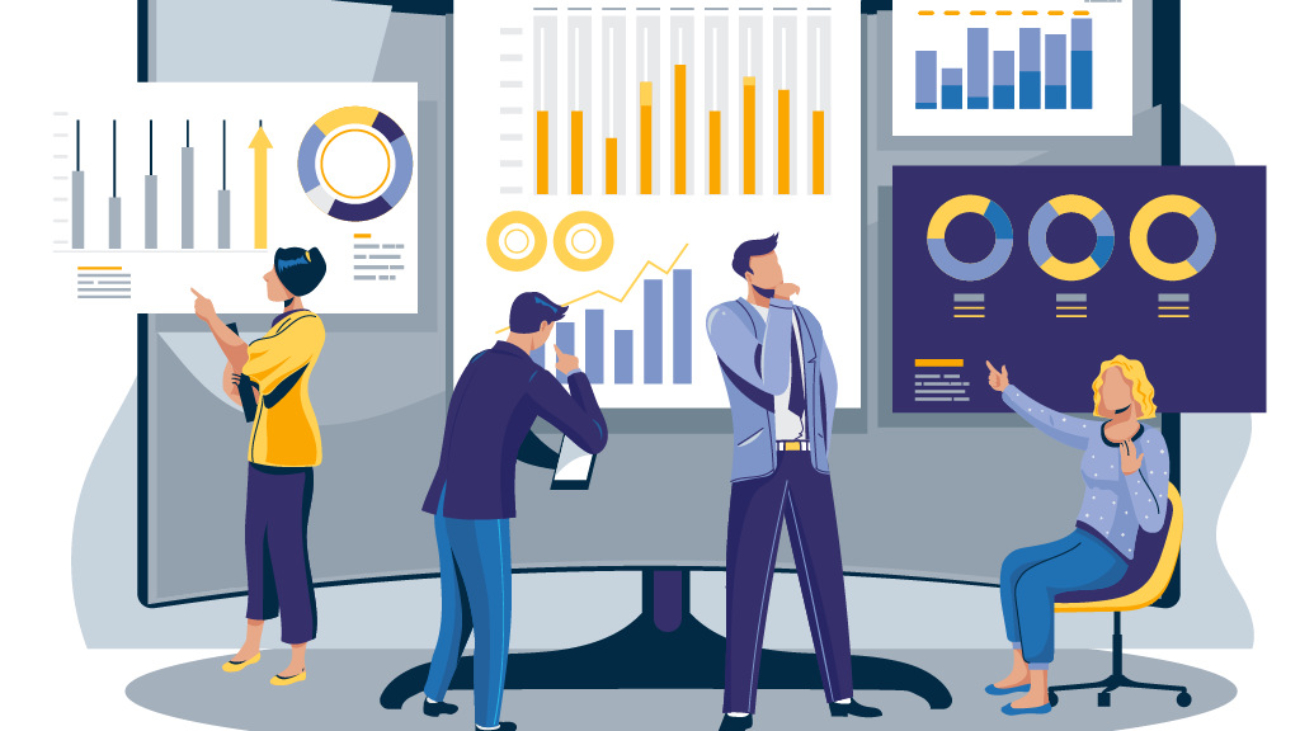Let’s say you’ve identified an opportunity for your business. It might be a bulk deal on inventory, a necessary equipment upgrade, or a great space for a second location. There’s just one problem: You don’t have the cash available to take advantage, and you have bad credit.
But is all hope lost? The short answer is no. Your options, however, may be limited. The trick is deciding the best choice for your needs from a slim selection.
Typically, an entrepreneur with good business credit (and good personal credit) can choose from a wide range of small business financing options. They might apply for an SBA loan, or a line of credit with generous repayment terms.
If you have bad or little credit, however—and there are many reasons why that might be the case—you’ll need to take a two-pronged approach. The first step is to find what makes sense among the small business loans available to you; the second is to work toward improving your credit so you can get a better deal the next time around.
Let’s go through the basics of business credit, what bad business credit affords your business when looking for a loan, and how to work on your score.
What is business credit?
In addition to a personal credit score, most established businesses have a business credit score, as well.
Your business credit score is a number (represented most often, but not always, on a scale from 1 to 100) that takes into account factors like your credit utilization score, payment history, length of credit history, public records that include bankruptcies and judgments, and company size.
Different business credit bureaus will take different factors into account and weigh them differently, so your number can vary across reports.
This number tells lenders and creditors whether they can trust your business to repay a loan. If your score is good (above 75 on the 1 to 100 scale), then they’ll be more willing to extend you a loan with favorable repayment terms. If your score is bad (typically below 50), then they’ll be much less likely to do so.
There could be a few reasons why you have a poor business credit score. Maybe you haven’t been trying to build it up by making payments on a business credit card, or your last business venture struggled and you failed to make payments to vendors. Your score follows you, so even if your newest business is growing and successful, you’ll still need to contend with issues stemming from your score.
What business loans can I get with bad credit?
If you have a bad business credit score, the elite business loan options likely won’t be available to you. The same goes for bad personal credit. Most SBA loans products, for example, are only available to business owners with excellent personal and business credit.
Depending on a few factors, however—such as the consistent profitability of your business and your relationship with your lender—you may still be able to qualify for an affordable loan product.
Here are your options for business loans you can still get with bad credit:
Short-term loans
Today, many business owners can qualify for a short-term loan through an alternative or online lender. These loans are typically paid off within 3 to 18 months (as opposed to 3 to 10 years, which is standard for long-term loans) via weekly or even daily payments.
The drawback to short-term loans: They are expensive, especially compared to long-term loans. They typically have high APRs, and the frequency of payments means your cash flow could be hampered if you’re not careful. If you need a loan, however, and you need it quickly, you can sometimes get approved for these loans in as little as one day.
Short-term lines of credit
A short-term business line of credit is typically a “revolving” form of credit: Like a credit card, you have a pool of funds you can draw from as needed, paying back each draw individually, without needing to reapply each time as you would with a loan.
Again, like loans, short-term LOCs come with higher APRs and shorter repayment terms than long-term LOCs, making them a flexible but more expensive option than what you could get with good credit. For both short-term loans and lines of credit, the lender is willing to take on more risk in exchange for your frequent payments with high interest.
Invoice financing and factoring
If you are waiting on clients to pay off your invoices—and find that constantly doing so weighs on your cash flow and affects the bottom line—you can actually use those outstanding invoices to access immediate capital from lenders.
The invoices act as collateral on a cash advance: Lenders typically offer you 85 percent of the outstanding invoice amount upfront, then supply the remaining 15 percent once the customer pays your invoice in full. A lender might charge you a flat fee (typically around 3 percent), and then an additional percentage point each week that the invoice remains unpaid.
Similarly, some lenders also offer invoice factoring, where you essentially sell your invoice to the lender for a lesser total amount, and they take over the collections process from your customers. You’ll receive less money than for invoice financing, but your obligation to recoup what’s owed is gone. (On the other hand, customers may find it unsettling to deal with this new third party).
Some invoice financing lenders will review your credit, and others won’t. Either way, they probably won’t ask for personal collateral, as the invoice itself is sufficient collateral.
Equipment financing
If you’re seeking financing for a very specific need—namely, to buy new equipment—then equipment financing may be the perfect solution.
With equipment financing, a lender or even the seller of the equipment extends you the money to buy what you need, with the equipment itself serving as collateral. You then pay that sum back, plus interest and fees, over time. Then, once you pay off your loan, the equipment is yours. Because this type of loan is self-collateralizing, lenders may be more willing to approve applicants with less-than-stellar credit.
Business credit cards
Most business owners should have a business credit card, and not just for the rewards and perks that come with many cards: They can also act as a small, short-term form of financing.
If you think about it, putting a purchase on a credit card is like taking out a small loan for the price of that item, which you have a month to pay off without accruing interest. Depending on your credit card rates—which may be high if your credit score is low—you may also find paying off your purchases over time to be an affordable option.
If you have bad credit, you may need to start with a secured business credit card, where you put down a cash deposit to “secure” the card. After some time spent responsibly using your secured card, your score should improve to the point where you can use an unsecured, or traditional, business credit card.
Merchant cash advance
You can also look into merchant cash advances, where lenders advance you cash, which you pay back—plus fees—from daily credit card sales. MCAs, however, are notoriously expensive, and should only be considered an absolute last resort for small businesses.
How to improve your credit
Whether your personal or business credit is an issue preventing you from obtaining better loan options, your way forward is simple: Engage in responsible spending practices and demonstrate that you’re now a better option to lend to.
Getting a credit card (even an unsecured one that reports to the credit bureaus) is a great way to get started. Use it to make small purchases that you can pay off on time, every month.
Little by little, your credit score should improve, and you can start taking on better loan options as needed. Paying those back on time as well will continue to improve your score, until you can qualify for the kind of lending options that were previously out of reach, such as long-term loans, lines of credit, and SBA loans.
When it comes to getting a business loan, the door is rarely completely closed to entrepreneurs and small business owners. Though you may have fewer options with bad credit, the right financial solution can help you on the path to growth. If you have the cash flow and profitability to take on one of the above business loans, do so responsibly and you’ll see your credit improve month after month.
Source: startupnation.com

